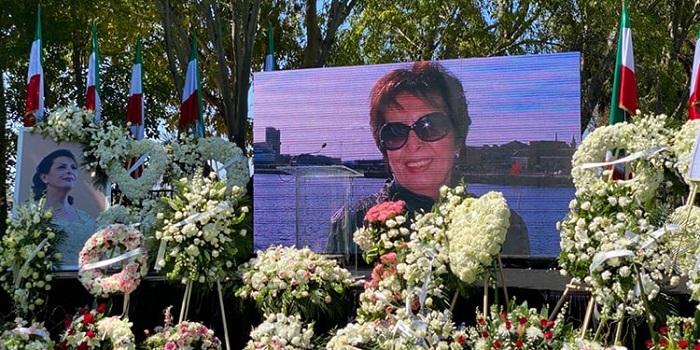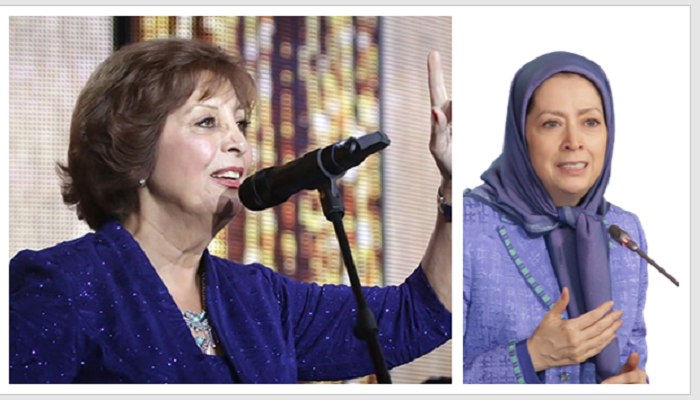
Complications from surgery were reported as the cause of death by the National Council of Resistance of Iran (NCRI).
Born Shahla Safi Zamir, Marjan acted in over 30 Farsi-language films in the 1960s and 1970s, becoming a symbol of the nation’s vibrant culture. However, her fame soon drew the ire of Iran’s Islamic authorities, who incarcerated her in the 1980s. Undeterred, Marjan emerged as a strong voice against political repression.
Following her arrest for singing a song dubbed “Homeland”, Marjan spent two years in prison, enduring nine months in solitary confinement. Upon her release, she highlighted the harsh realities faced by women and artists in Iran.
In 2001, Marjan fled Iran for Dubai and subsequently received asylum in the U.S., where she continued her crusade for Iranian freedom through her music. Her voice resonated again in public in 2005 at Washington’s DAR Constitution Hall before a gathering of Iranians in exile. Her song’s potent lyrics – “My young branches have been wounded by axes, but, what will you do with the roots?” – served as a rallying cry against Iran’s clerical regime.

Marjan recorded several anthems brimming with political messages, performing primarily at rallies of NCRI and other dissident groups. Despite being officially banned in Iran, her music inspired a new generation that yearned for freedom from the mullahs’ oppressive rule.
“Marjan’s songs and her commitment to freedom and the people of Iran, are inspiring to the young people of Iran and particularly to defiant young women,” Rajavi stated.

In a poignant verse from her 2005 concert, Marjan mirrored her resurgence with the destiny of Iranian dissent, singing, “Don’t think that I’ve been forgotten. I have been etched in history and memories… I’ve become so united with my people. That you’d think I’m their voice.”

MEK Iran (follow us on Twitter and Facebook), Maryam Rajavi’s on her site, Twitter & Facebook, NCRI (Twitter & Facebook), and People’s Mojahedin Organization of Iran – MEK IRAN – YouTu







